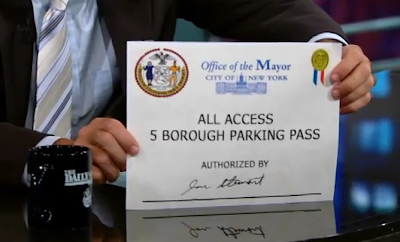Walter Benjamin begins his essay on Kafka ("Franz Kafka, On the Tenth Anniversary of His Death," collected in Illuminations
It is related that Potemkin suffered from states of depression which recurred more or less regularly. At such times no one was allowed to go near him, and access to his room was strictly forbidden. This malady was never mentioned at court, and in particular it was known that any allusion to it incurred the disfavor of Empress Catherine. One of the Chancellor's depressions lasted for an extraordinary length of time and brought about serious difficulties; in the offices documents piled up that re quired Potemkin's signature, and the Empress pressed for their completion. The high officials were at their wits' end. One day an unimportant little clerk named Shuvalkin happened to enter the anteroom of the Chancellor's palace and found the councillors of state assembled there, moaning and groaning as usual. "What is the matter, Your Excellencies?" asked the obliging Shuvalkin. They explained things to him and regretted that they could not use his services. "If that's all it is," said Shuvalkin, "I beg you to let me have those papers." Having nothing to lose, the councillors of state let themselves be persuaded to do so, and with the sheaf of documents under his arm, Shuvalkin set out, through galleries and corridors, for Potemkin's bedroom. With out stopping or bothering to knock, he turned the door-handle;
portrait of Grigory Potyomkin by Johann-Baptist Lampi
the room was not locked. In semidarkness Potemkin was sitting on his bed in a threadbare nightshirt, biting his nails. Shuvalkin stepped up to the writing desk, dipped a pen in ink, and without saying a word pressed it into Potemkin's hand while putting one of the documents on his knees. Potemkin gave the intruder a vacant stare; then, as though in his sleep, he started to sign—first one paper, then a second, finally all of them. When the last signature had been affixed, Shuvalkin took the papers under his arm and left the room without further ado, just as he had entered it. Waving the papers triumpantly, he stepped into the anteroom. The councillors of state rushed toward him and tore the documents out of his hands. Breathlessly they bent over them. No one spoke a word; the whole group seemed paralyzed. Again Shuvalkin came closer and solicitously asked why the gentlemen seemed so upset. At that point he noticed the signatures. One document after another was signed Shuvalkin . . . Shuvalkin . . . Shuvalkin. . . .Benjamin presented this story as a herald of Kafka's work, which is probably why, when I could not recall where I had read the story, the first place I thought to look for it was in Borges's essay "Kafka and His Precursors" (collected in Selected Non-Fictions
To make his horror complete, Caesar, pressed to the foot of a statue by his friends' impatient daggers, discovers among the blades and faces the face of Marcus Junius Brutus, his ward, perhaps his very son, and so Caesar stops defending himself , and cries out Et tu, Brute? Shakespeare and Quevedo record that pathetic cry.
Death of Caesar by Vincenzo Camuccini
Destiny takes pleasure in repetitions, variations, symmetries. Nineteen centuries later, in the southern part of the province of Buenos Aires, a gaucho is attacked by other gauchos, and as he falls he recognizes a godson of his and says to him in gentle remonstrance and slow surprise (these words must be heard, not read), Pero, ¡che! He dies, but he does not know that he has died so that a scene may be played out again.This, in turn, is also the main concept behind James Joyce's Ulysses







![Darkness at Noon [Books That Have Changed Man's Thinking]](https://images.gr-assets.com/books/1327243764s/13349640.jpg)






